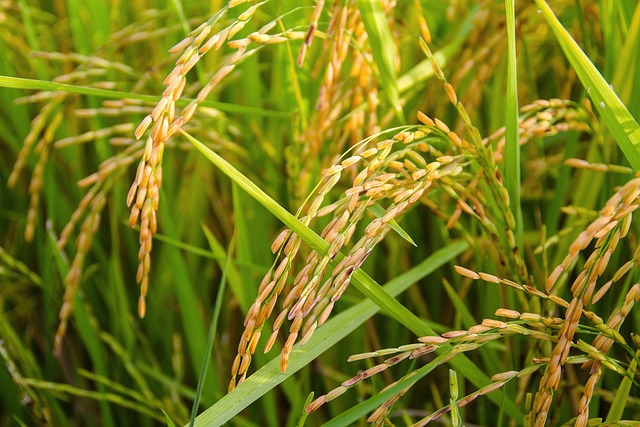
-
Plan to import 330,000 metric tons of rice pulled after coming under fire from various stakeholders, including rice farmers
-
Instead, the National Food Authority will source from local rice farmers the 330,000 MT it needs to boost its buffer stock
-
Agriculture Undersecretary Mercedita Sombilla assured the public the country will have more than enough rice supply this year
-
Federation of Free Farmers opposes government rice importation but warns of a rice crisis in the second half if the private sector stops importing the grain
The National Food Authority backtracked on its plan to import 330,000 metric tons of rice for its buffer stock this year after various stakeholders, including rice farmers, slammed the proposed NFA importation as a breach of Republic Act 11203, or the Rice Tarrification Law (RTL).
Agriculture Undersecretary for Policy, Planning and Regulations Mercedita Sombilla confirmed the NFA had dropped the importation plan in an interview with media on April 17.
Instead, NFA was advised to source rice from local farmers, Sombilla said.
She said NFA Acting Administrator Robert Rayo Bioco had proposed the importation to President Ferdinand Marcos Jr., concurrently the agriculture secretary, due to concerns over this year’s depleting rice buffer stock.
Sombilla, citing DA projections, said total rice production in 2023 is forecast to reach 13 million metric tons (MMT) of milled rice or 20 MMT of unmilled grain.
Sombilla said total supply by the end of the year, including imports by the private sector, will last for 45 days. She also downplayed reports of 6-peso per kilo price increases, saying rice prices in world markets have started to decline after a spike induced by the Ukraine-Russia war.
Federation of Free Farmers national manager Raul Montemayor warned the country’s rice stocks are good for 27 days only by June 30. He called for the importation of 1.2 MMT of rice to ensure a 60-day buffer stock and avoid a rice crisis in the second half of 2023 similar to the shortage in 2017.
“For the first semester of 2023, the stock level by June 30 will be equivalent to only 27 days if imports do not increase beyond the reported arrivals of 790,000 tons during the first quarter,” Montemayor said.
“An additional 1.2 million [metric] tons will have to be imported in order to get a 60-day buffer stock level by June 30,” Montemayor said on April 17.
He said the country had rice inventory of 1.77 MMT on January 1 this year, including carryover stock from the total imported volume of 3.8 MMT of rice in 2022.
“For 2022, local palay production must have fallen to 16.39 million tons … to end up with the PSA (Philippine Statistics Authority)-announced year-end stock level of 1,765,500 tons. This is a huge 3.57 million ton decline, almost 18% from 2021 production levels,” Montemayor said.
“The ending stock level of 1.765 million tons is the lowest since 2017 or earlier and is equivalent to only 48 days of national rice consumption,” he explained.
Sombilla, however, dismissed Montemayor’s caution, saying importations by private sector traders will be sufficient to avert a rice shortage.
“We will have lean [months], of course, as usual; it’s always been [so,] but, by the end of the second quarter, the importation will continue, which is actually being required by RTL, which is being done by the traders, so, I don’t really see how to justify the warning [on a rice crisis],” Sombilla added.
Montemayor also urged Congress to amend Republic Act 11203 or the Rice Tariffication Law (RTL) amid the current spike in rice prices.
“Clearly, the proponents of RTL did not anticipate a situation like now, where both imports and local production are low and government is estopped from importing rice. We must also introduce additional safeguards to protect our farmers in the reverse situation, where farmgate prices are very depressed due to excessive imports,” he added.
Montemayor blamed the huge drop in palay production in 2022 to high fertilizer prices, which discouraged farmers from planting.
RELATED READ: Duty cuts on imported pork, rice, coal extended




